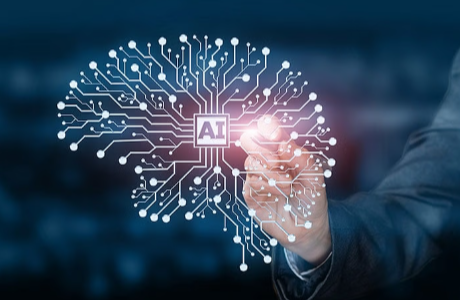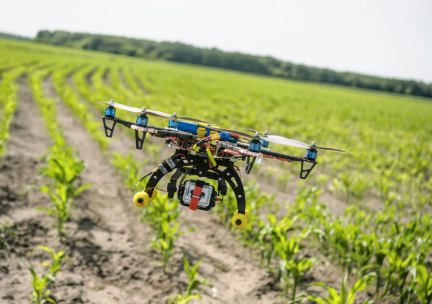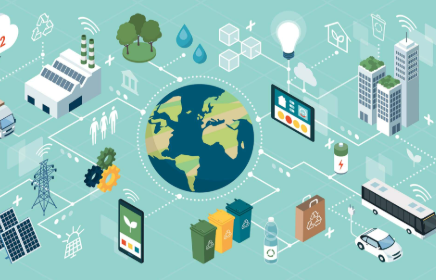The Pros and Cons of Artificial Intelligence in Everyday Life
Artificial Intelligence has become an integral part of daily life, offering both significant advantages and notable challenges. It enhances efficiency through automation and smart technology, yet raises concerns about job displacement and ethical implications. The balance between convenience and privacy remains a contentious issue, prompting questions about data security. As society navigates this complex landscape, the implications of AI’s role in our lives warrant further examination. What does the future hold for this powerful technology?
Advantages of AI in Daily Activities
Artificial intelligence seamlessly integrates into daily activities, enhancing efficiency and convenience for users.
Personal assistants like Siri and Alexa streamline tasks, from setting reminders to controlling smart appliances, fostering a more organized lifestyle.
Smart appliances, equipped with AI technology, optimize energy usage and automate mundane chores, allowing individuals to focus on more meaningful pursuits.
This integration promotes autonomy and enriches everyday experiences.
Potential Drawbacks of AI Integration
While the integration of AI into daily life offers numerous benefits, it also presents several potential drawbacks that warrant careful consideration.
Notably, job displacement remains a significant concern, as automation can render certain roles obsolete, impacting employment opportunities.
Additionally, ethical concerns arise regarding decision-making processes, bias in algorithms, and accountability, prompting discussions on the moral implications of relying heavily on AI technology in everyday scenarios.
Balancing Convenience and Privacy
In an increasingly digital world, the tension between convenience and privacy has become a paramount concern for individuals and organizations alike. Users often trade personal information for enhanced services, raising questions about data security and user consent.
Striking a balance is crucial; while AI offers efficiency, it must not compromise individual freedoms or the integrity of personal data, ensuring trust in technology.
The Future of AI in Our Lives
As technology continues to evolve, the integration of artificial intelligence into daily life promises to reshape various aspects of society, from healthcare to transportation.
AI advancements may enhance efficiency and decision-making; however, they also raise ethical implications regarding privacy, accountability, and employment—especially as tools like a QR code generator become more integrated into data sharing and tracking systems.
Balancing innovation with ethical considerations will be crucial for ensuring that AI serves humanity’s best interests in the future.
Conclusion
In the intricate dance of technology and humanity, artificial intelligence emerges as both a guiding star and a shadowy figure. While it illuminates daily routines with unprecedented convenience and efficiency, it also casts concerns of job displacement and privacy. As society navigates this duality, the challenge lies in harmonizing innovation with ethical integrity, ensuring that AI evolves as a tool for empowerment rather than a source of division. The future beckons for a balanced coexistence, where benefits flourish and risks are thoughtfully managed.





